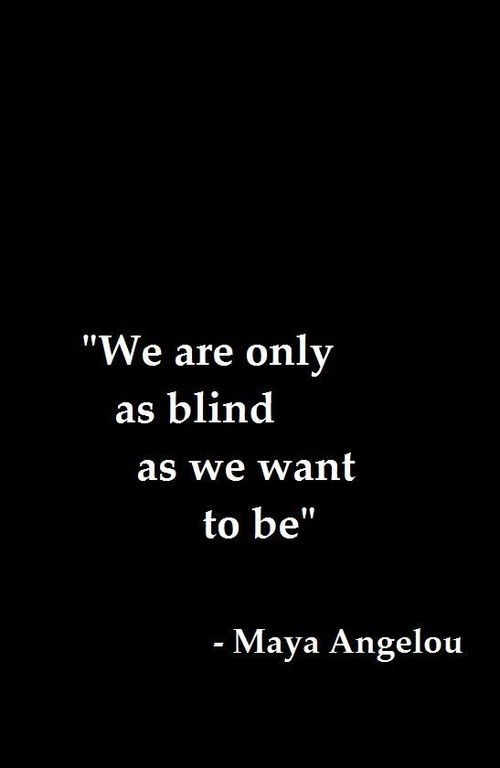Harare, 2002. The word came. Cash is in the banks. The three colleagues I was standing near at the moment the news came and I quickly jumped in the car. We had to get downtown to Standard Chartered as soon as possible.
It was my first “real job” in the development sector after graduate school. I knew enough to know how little I knew, and little else.
The conversation in the car from the office to Nelson Mandela Avenue inevitably turned to the growing inequality between our corporate aid agency staff, due to the rapidly devaluing Zimbabwe dollar in which local staff were paid and the U.S. dollar in which international staff were paid. It was a divide that would continue to grow until it resulted a year later in wide-spread lay-offs, most of which of course affected the local staff.
Naively, I thought that I straddled the divide. As a Fellow, I earned significantly less than the other international staff, though I too received my salary in U.S. dollars and had many of my living expenses covered. Like many, I had worked hard to forge what I thought were strong relationships with the local staff. The fact that I was even privy to the bulls*%$ session in the car, for me, was evidence of this.
That is, until the driver of the car, Lovemore, dropped a bomb:
“They’re all a bunch of neocolonialists anyway.”
 An uncomfortable silence fell upon the car. It seems Lovemore had forgotten, or maybe not, that there was a budding neocolonialist in his midst.
An uncomfortable silence fell upon the car. It seems Lovemore had forgotten, or maybe not, that there was a budding neocolonialist in his midst.
In the many times that I would go on to butt heads with Lovemore (I joined his team a few months later), I remember many times thinking, “Why can’t he just see that we have the same goal?” But in hindsight now, he was usually right. It would take many more experiences and people who were willing to challenge me to discover, admit, and confront my do-gooder ideas of how change could and should occur. (This is an ongoing de-throning process by the way.)
Over the years in the global development sector, I have continued to see and hear incredibly harsh modernist and racist views shared among colleagues that the poor (and local colleagues) “clearly don’t know any better” or “just need to…” or “have no capacity.” This attitude and behavior is exactly how do-gooders earn the colonial comparison.
Thinking back on the experience now, I knew that the North-South aid model built around top down conditionality had not worked and was incredibly dehumanizing and demotivating, despite everyone’s best intentions. What I didn’t know was just how this structure colored every interaction, severely impeded relationships, and even how the admittance of this elephant in the room, or the car for that matter, could stop conversation.
A version of this piece was originally posted in 2011.
***
Related Posts
The elephant hasn’t left the room: Racism, power & international aid
White supremacy, black liberation, and global development: The conversations we’re not having
Aid, Africa, Corruption and Colonialism: An Honest Conversation
The Marginalization of CBOs by Development Actors: A Perspective from Zimbabwe
Friday’s Poetic Pause: “Query” by Akwasi Aidoo
How to Work in Someone Else’s Country (A Book Review)

Pingback: Saretik (III) | ETENGABEKO GATAZKAK.